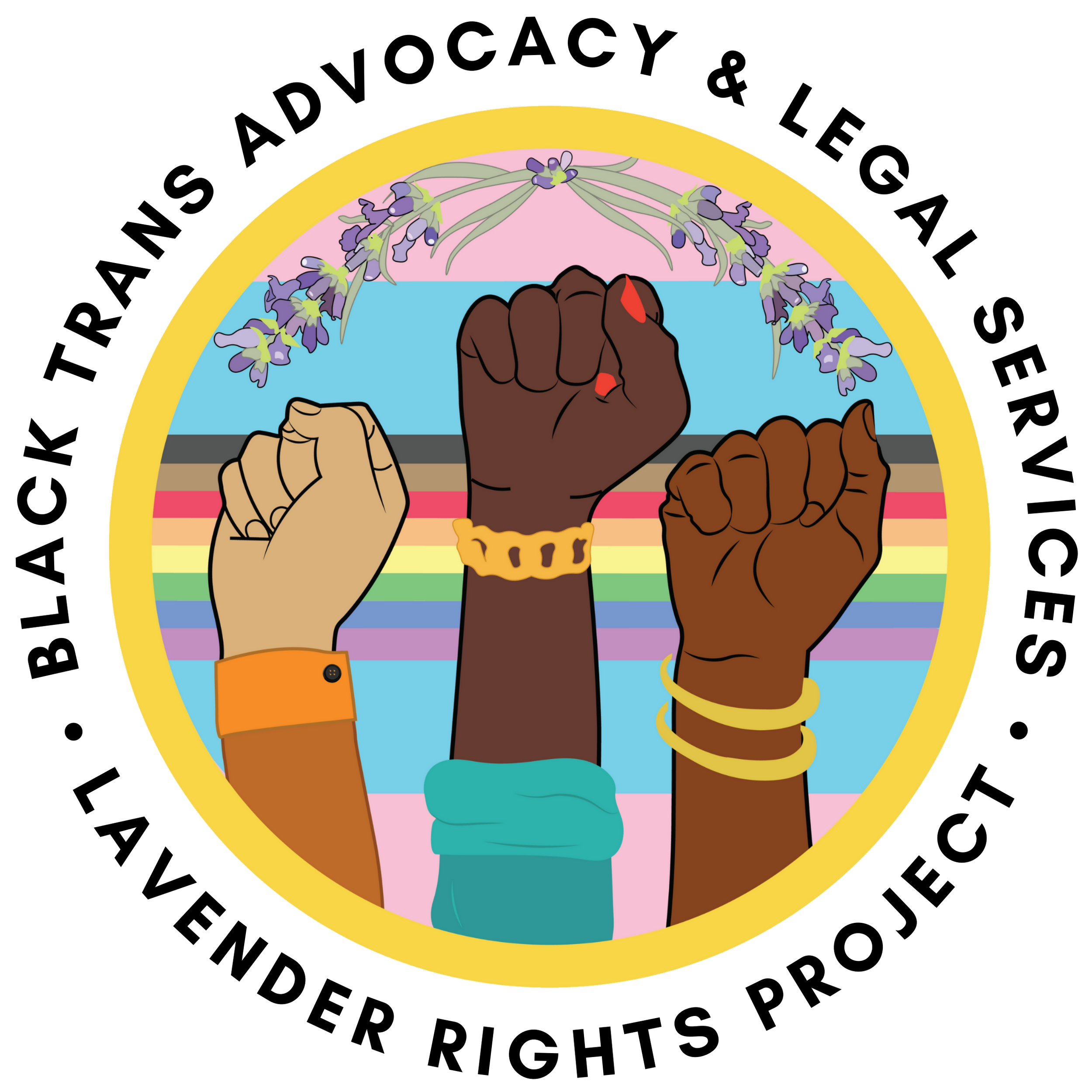Excerpt from the Seattle Metropolitan
Published on Monday, December, 11, 2023 by Sam Leeds
Jaelynn Scott, the executive director of the Lavender Rights Project. IMAGE: CHLOE COLLYER
Even for trans people already living in Washington state, legal protection does not always mean equal access to services. The Tillisons acknowledge that some of that safety comes not just from legislative and cultural support, but also from being a white family in a majority-white city.
“Washington state is trying to build out a sanctuary for trans communities,” says Jaelynn Scott, the executive director of the Lavender Rights Project, which provides legal and social services to the Black intersex and gender diverse community. “But I don’t think that we have yet figured out how to actually do that in a way that is inclusive of the needs of BIPOC queer and trans people.”
Washington’s protections make the state attractive to those who can afford to move here, but many trans and queer people who already live in Washington still need further protection and support, says Scott.
“Trans communities of color, especially Black trans communities, have never had the level of access to gender affirming care that other communities have had in this country. That includes Washington state,” Scott said. “And that is because of economic disparities, employment, true access to full health insurance coverage, and leisure time or time to take off to actually get any affirming surgeries and medical care that they need.”
To ensure full and equitable access to gender affirming care, Scott says Washington should invest in “guaranteed income for all, full housing access for trans people, legislation that ensures that discrimination against trans people in housing cannot happen, appropriations bills that support the capacity of BIPOC led organizations to provide care for folks, and wraparound services for people who seek refuge here, either from other states or from out of the country, who are also queer and trans.”

